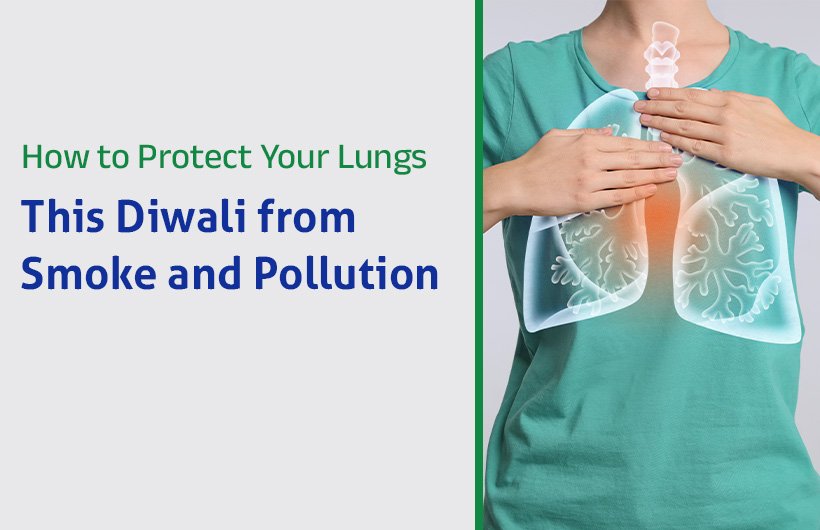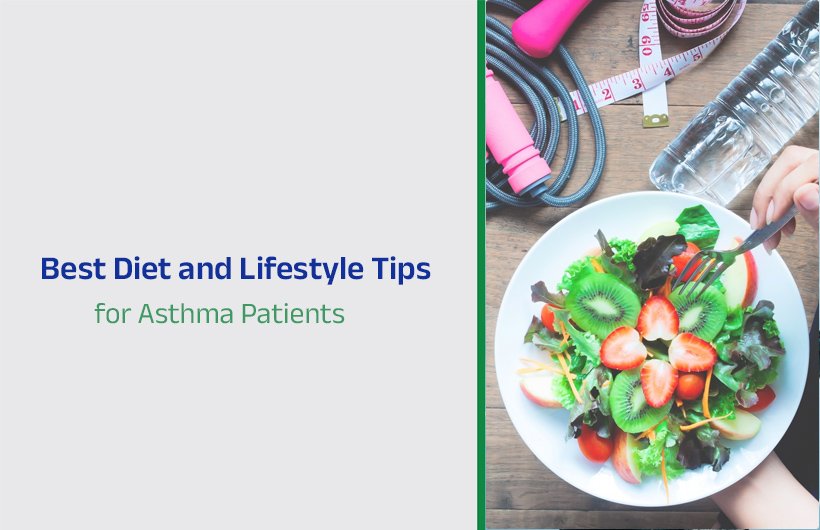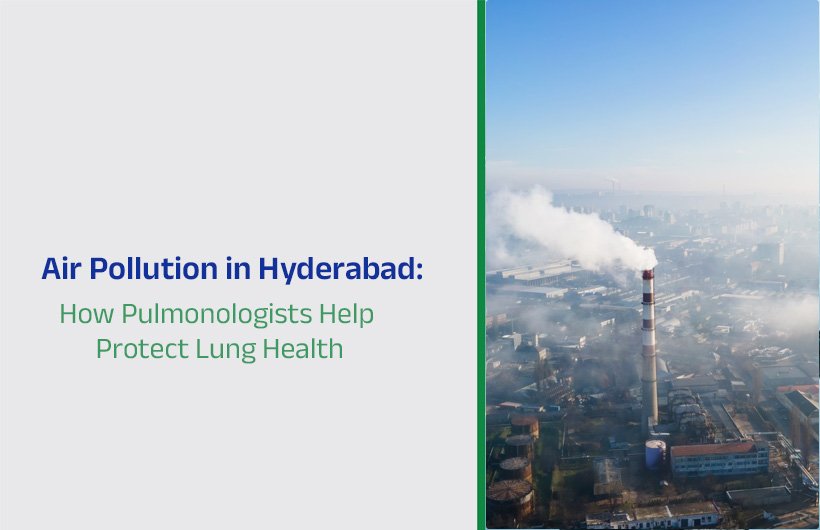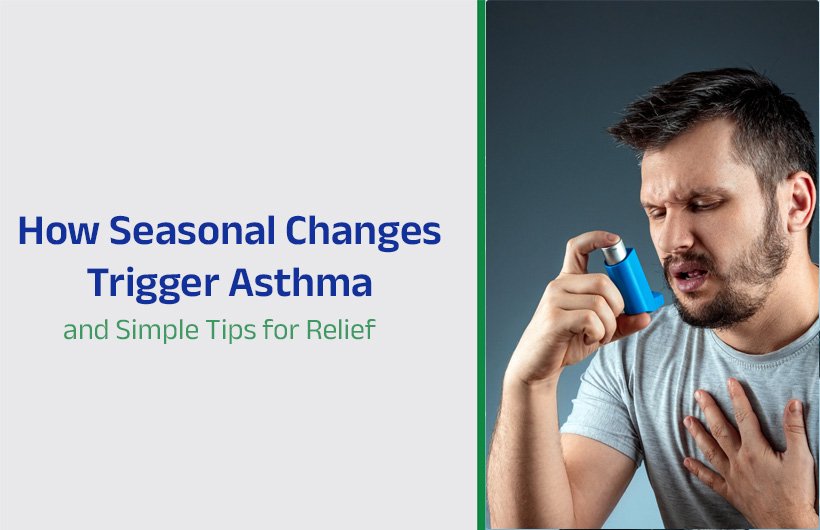Diwali is a season of joy, family gatherings, and sparkling lights but it also brings a concerning rise in air pollution. The combination of firecracker smoke, increased vehicle emissions, and ambient pollution can significantly impact respiratory health. For individuals with asthma, COPD, or sensitive lungs, this period demands extra care and preventive measures. Renowned pulmonologist in Hyderabad, Dr Kunal Waghray, emphasises the importance of protecting your lungs proactively during this festive time.
In this article, we’ll explore effective ways to safeguard your lungs, practical pollution protection tips, and essential respiratory health advice to help you breathe easier this Diwali.
Why is Diwali Smoke Dangerous for the Lungs?
Before exploring solutions, it’s important to understand the root of the problem. Firecrackers release a complex mix of harmful pollutants, including fine particulate matter (PM₂.₅ and PM₁₀), sulfur dioxide, nitrogen oxides, and heavy metals. These toxic particles penetrate deep into the lungs, leading to inflammation, bronchospasm, and oxidative stress. For individuals who are respiratory allergic or suffer from asthma and chronic lung diseases, even brief exposure to such pollution can trigger coughing, wheezing, breathlessness, or a worsening of existing symptoms.
That’s why following Diwali smoke health tips is not just a suggestion it’s a vital precaution. Even healthy individuals may experience throat irritation, watery eyes, or chest discomfort after prolonged exposure to polluted air. The cumulative rise in air pollution during this festive season can weaken the lungs’ natural defences, increasing the risk of respiratory infections and allergic reactions. For those prone to respiratory allergic conditions, preventive care and early management are key to enjoying a safe and healthy Diwali.
What Precautions Can You Take to Safeguard Your Lungs?
Here are practical steps you can follow:
1) Stay indoors during peak pollution times
Limit outdoor exposure, particularly in the early evening hours when firecracker activity is at its highest. Close doors and windows (but ensure you ventilate when the air outside is clearer). Use door sweeps or sealing strips to reduce infiltration of smoke into homes.
2) Use air purifiers & clean indoor air
A good HEPA-filter air purifier can capture fine particulate matter and significantly reduce indoor pollution levels. Keep it running continuously during the most polluted hours, especially at night. Additionally, avoid indoor sources of smoke—refrain from burning incense or candles when outdoor air quality is poor.
3) Wear protective masks
When you must go outside, wear an N95 / KN95 (or equivalent) mask that can filter out fine particles (PM₂.₅). Surgical masks or cloth masks are much less effective for this purpose. Ensure the mask fits snugly, with minimal leakage at the edges.
4) Hydration, nutrition & lung-friendly habits
Drinking water helps maintain airway hydration and mucus clearance. Eat antioxidant-rich foods (fruits and vegetables high in vitamin C, E, and carotenoids), which help combat oxidative stress from pollutants. Avoid smoking or secondhand smoke exposure. Gentle breathing exercises (pursed-lip breathing, diaphragmatic breathing) may help maintain lung capacity and reduce breathlessness.
5) Monitor symptoms & use preventive inhalers (if prescribed)
If you have existing lung disease or asthma, follow your medication regimen strictly. Monitor for increased cough, wheeze, or breathlessness. Keep rescue inhalers or nebulisers handy if advised by your pulmonologist. If symptoms worsen, consult your doctor immediately.
6) Limit physical exertion outdoors
Avoid heavy outdoor activity or exercising in the open air during high pollution periods. Even walking briskly outdoors during smoggy hours can increase the inhaled dose of tiny particles.
Final Thoughts – Be Proactive, Not Reactive
This Diwali, don’t wait for coughing, wheezing, or shortness of breath to remind you of the dangers of air pollution. Take preventive measures now to safeguard your respiratory health. Simple habits such as wearing a mask outdoors, staying indoors during peak pollution hours, using air purifiers, and maintaining a balanced lifestyle can make a significant difference.
Dr Kunal Waghray, a leading Critical Care Specialist in Hyderabad, advises individuals especially those with asthma, COPD, or other respiratory conditions to remain extra cautious during the festive season. By following these air pollution and lung protection tips, you can breathe easier and enjoy the celebrations safely.
If you experience breathing discomfort or require expert respiratory care, consult Dr Kunal Waghray, an experienced pulmonologist and critical care specialist in Hyderabad, for accurate diagnosis and personalised treatment.






